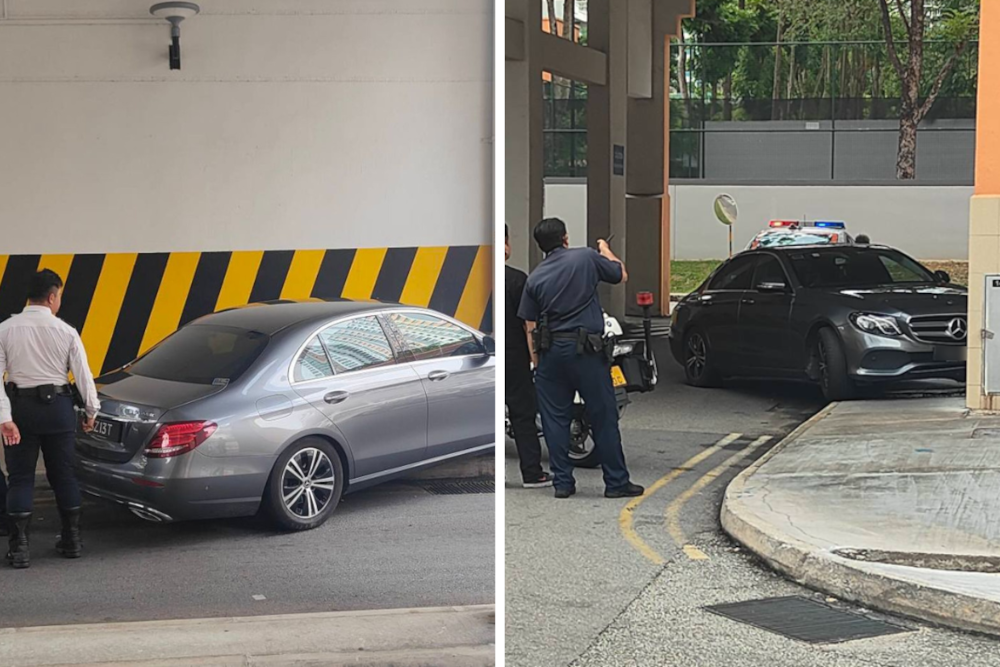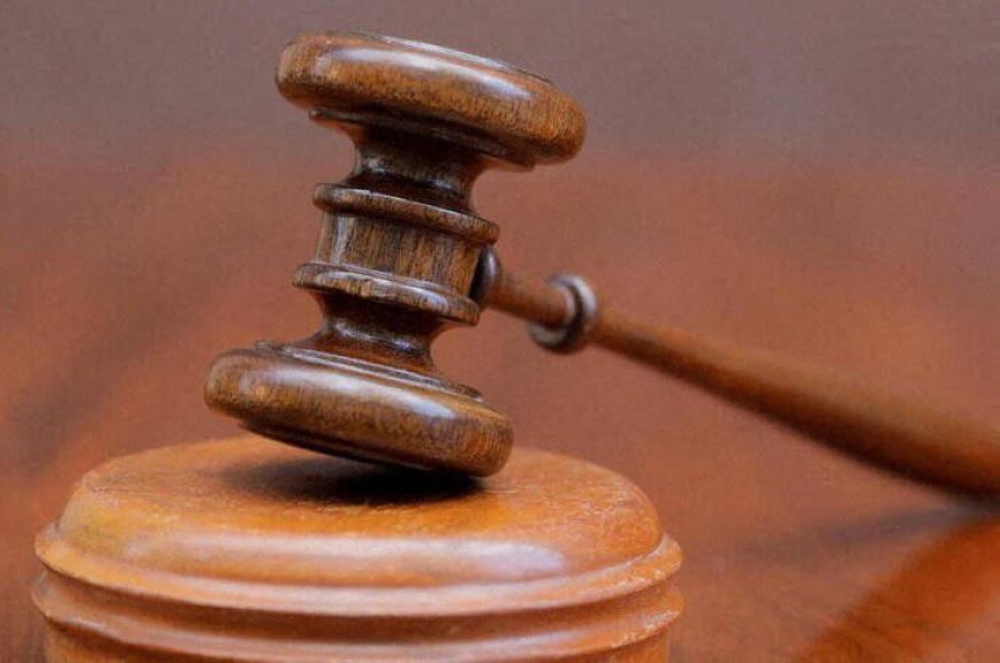COMMENTARY, May 3 — The report by Chinese experts who came said we are ready. According to WHO’s criteria, we have met most of them. I get many questions if the movement control order (MCO) was eased a little too early. Below are my standard responses so you may want to share with your family and friends.
1. MCOs are not to end Covid-19 but flatten the curve. And we have. We have flattened the curve to ensure health systems are protected and able to cope.
2. Our health systems can cope. We have more than enough ventilators. Utilisation capacity is now only at 30 per cent, with the Health Ministry starting to give frontliners leave. Most cases — above 80 per cent — are mild.
3. Covid-19 will not end for next two years. There will be small spikes but we must not panic.
4. When there is a spike in an area, an enhance movement control order very localised to the area can be implemented immediately.
5. Enforcement will be important to ensure compliance. Both from government but also self enforcement — individual, community, companies.
6. The pandemic can be ended only when the whole of society participates and is empowered. If you see something, say something.
7. Economic impact and mental health is important. We have to face the bitter challenges of MCO and Covid-19 but only if we pull together in the same direction can we win this.
8. The new normal is a reality. Stay home as much as you can. Keep a safe distance and wear a mask.
9. We need to live with Covid-19. Just as we need to live with dengue.
10. A vaccine at earliest may be available next year. Herd immunity is questionable as data on antibodies is still showing low conversion rate. So travel is limited.
11. Don’t compare Malaysia with Hokkaido. When it opened up, it didn’t protect its borders. Malaysia is protecting her borders. This is critical and one of requisites of WHO. We have taken steps beyond what was done in Japan as we have learnt from their experience.
* Tan Sri Dr Jemilah Mahmood is special advisor to the prime minister on public health.



















